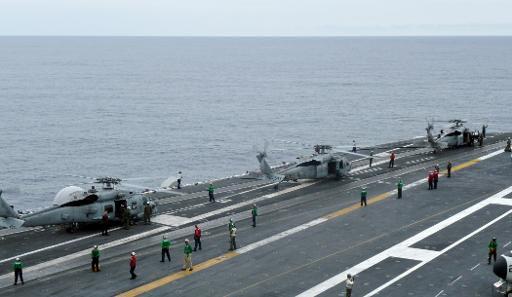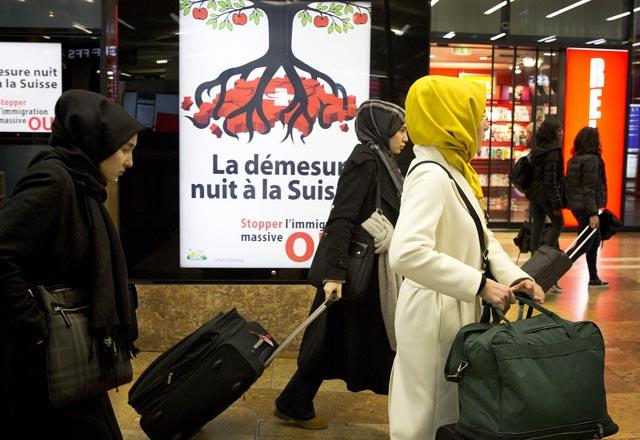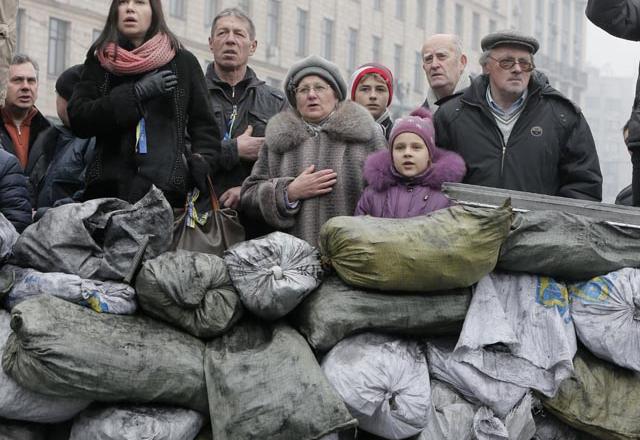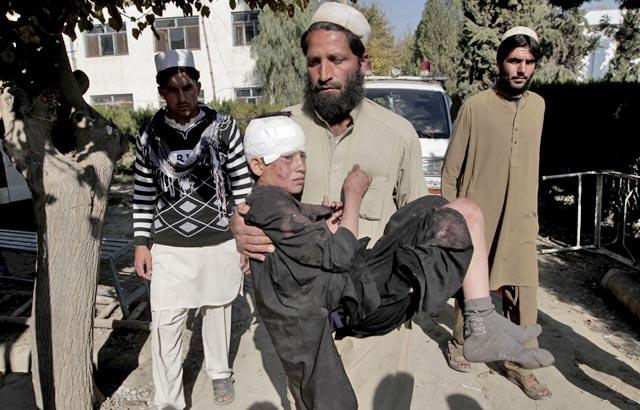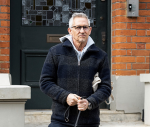LONDON — Hundreds more homes risked being swamped by floods in southeast England on Tuesday after the River Thames burst its banks and one of the country’s busiest rail routes was severely disrupted.
Affluent towns and villages along the Thames to the west of London have been transformed into lagoons, and the government faced more criticism of a lack of preparedness after a month of floods misery across England.
More than 1,000 people have been forced to flee their homes this month following the wettest January since 1766, and the situation was set to worsen with heavy rain and storms on the way by Friday.
Flooding first hit the largely rural county of Somerset but has now engulfed towns and village along the swollen Thames, encroaching on London.
In a sign of the frustration, Defence Minister Philip Hammond was confronted by an angry resident in Wraysbury, a village beside the Thames where floodwaters have risen fast since the weekend.
Su Burrows, a volunteer flood warden, said the relief effort had been left to residents like her and pleaded with Hammond for military help to distribute sandbags.
“I’m sorry, I am going to get emotional. There are 100 people of this village currently working together, none of them agents, not one,” she told Hammond in the testy exchange on Sky News television.
“We have been working for 48 hours evacuating people, risking our own lives going into waters that would be over my head,” she said.
“What will it take for you to understand we are seriously in need?”
Hammond assured her that a combined military and police operation had been launched to deliver sandbags, and told her: “I thought they would be here by now.”
He said 1,600 armed forces personnel were on standby to assist.
Hammond earlier insisted that the government “has got a grip on this” but cautioned that authorities cannot “prevent the course of nature”.
He told BBC radio: “We are dealing with an enormous force of nature here, vast quantities of water, an unprecedented weather pattern and, while the authorities can and must do everything that is possible, there are some things I’m afraid that we just can’t do.”
Residents have complained that their vacant homes have been looted. Many houses in Wraysbury and neighbouring villages are worth over one million pounds (1.2 million euros, $1.65 million).
Insurers said overall claims had already exceeded £500 million and the bill would rise fast.
Tens of thousands of commuters had their journeys disrupted as services from London Paddington station to the key commuter town of Reading to the west were heavily disrupted along the waterlogged track.
On the southwest coast, Prince Minister David Cameron saw for himself the damage to the railway line at Dawlish in Devon, caused by massive waves crashing against the coastline.
Train services to southwest England have been cut off by the damage to the track.
Cameron warned it was “going to take time before we get things back to normal”.
“It is a huge challenge and we have had the wettest start to a year for 250 years, some of the most extreme weather we have seen in our country in decades,” he said.


